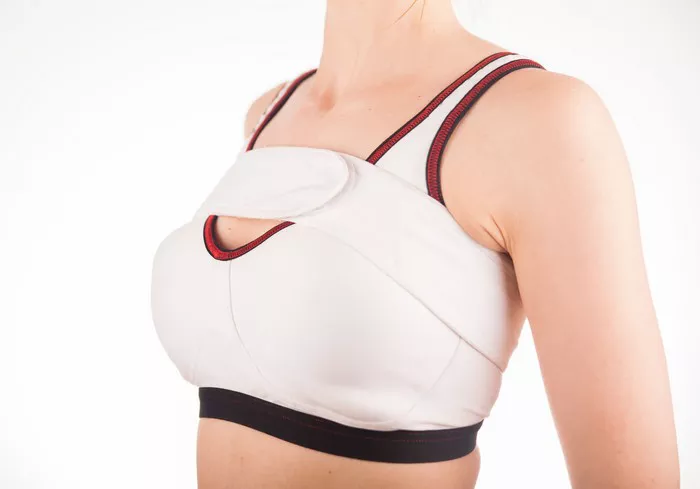Breast implants are a popular cosmetic surgery procedure that can enhance the size and shape of the breasts. However, many women who have breast implants may have concerns about the safety of breastfeeding with implants. In this article, we will explore the topic of whether breast implants are safe when breastfeeding.
Understanding Breast Implants
Breast implants are silicone or saline-filled devices that are surgically placed under the breast tissue or chest muscle to enhance the size and shape of the breasts. The procedure is typically performed for cosmetic reasons, but may also be done for reconstructive purposes after a mastectomy or other breast surgery. Recovery time after breast implant surgery can vary depending on the extent of the procedure, but most patients can expect to experience swelling, bruising, and discomfort for several days or weeks after the surgery.
Breastfeeding with Implants
Breastfeeding with implants is generally considered safe, and most women are able to breastfeed successfully after breast implant surgery. However, there are some factors that can affect a woman’s ability to breastfeed with implants. For example, if the implant is placed under the chest muscle, it may cause more discomfort or difficulty with breastfeeding than if it is placed under the breast tissue. Additionally, if the implant is placed through the areola, there may be a higher risk of damage to the milk ducts, which can affect milk production.
Silicone vs. Saline Implants
There is some debate over whether silicone or saline implants are safer for breastfeeding. Silicone implants are made of a gel-like substance that may leak if the implant ruptures, while saline implants are filled with sterile salt water that is absorbed by the body if the implant ruptures. Some studies have suggested that silicone implants may be associated with a higher risk of breastfeeding difficulties, while others have found no significant difference between silicone and saline implants.
Implant Placement and Breastfeeding
The placement of the implant can also affect a woman’s ability to breastfeed. If the implant is placed under the chest muscle, it may cause more discomfort or difficulty with breastfeeding than if it is placed under the breast tissue. Additionally, if the implant is placed through the areola, there may be a higher risk of damage to the milk ducts, which can affect milk production. It is important to discuss the placement of the implant with your surgeon if you are planning to breastfeed in the future.
Risks and Complications
While breastfeeding with implants is generally considered safe, there are some risks and complications to be aware of. One concern is that the implant may rupture or leak during breastfeeding, which can cause discomfort or affect milk production. Additionally, some women may experience changes in nipple sensation or milk production after breast implant surgery. It is important to discuss any concerns with your surgeon and to follow all post-operative instructions to minimize the risk of complications.
Breastfeeding After Implant Removal
If you are considering having your breast implants removed, it is important to discuss the potential impact on breastfeeding with your surgeon. In some cases, the removal of the implants may improve milk production or nipple sensation. However, in other cases, the removal of the implants may cause a decrease in milk production or changes in nipple sensation. It is important to discuss the potential risks and benefits of implant removal with your surgeon before making a decision.
Choosing a Qualified Surgeon
If you are considering breast implant surgery and plan to breastfeed in the future, it is important to choose a qualified surgeon who has experience with both procedures. Look for a surgeon who is board-certified in plastic surgery or breast surgery, and who has a track record of successful outcomes for both breast implant surgery and breastfeeding. Additionally, be sure to ask about the surgeon’s experience with breastfeeding after breast implant surgery, and what precautions they take to minimize the risks and complications.
Conclusion
Breast implants are a popular cosmetic surgery procedure that can enhance the size and shape of the breasts. While breastfeeding with implants is generally considered safe, there are some factors that can affect a woman’s ability to breastfeed, such as the placement of the implant and the type of implant used. It is important to discuss any concerns with your surgeon and to follow all post-operative instructions to minimize the risk of complications. By choosing a qualified surgeon and taking the necessary precautions, women can achieve the best possible outcomes from both breast implant surgery and breastfeeding.


